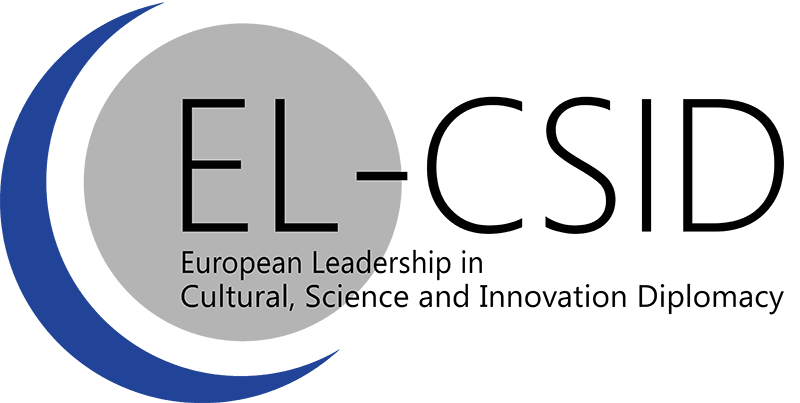Op-Eds
Central European University has become the battleground in Hungary’s war of ideas
Diane Stone
April 5, 2017 - The Conversation
Ignoring protest from around the world, the Hungarian government has fast-tracked legislation to tighten rules governing foreign universities operating in the country. The law could force the closure of the Central European University (CEU). It’s a private American university that delivers Western-style, English-language education. Its humanities and social sciences degrees have been accredited in Hungary and the United States. University faculty are often strong supporters of civil liberties, freedom of speech and other liberal democratic values. The university is now firmly on the frontline of this war of ideas. And whether it becomes a casualty depends on continuing international support – from both the scholarly community and other governments.
Our man in Kazakhstan: time for Ireland to look to Central Asia
Neil Collins & David O'Brien
October 17, 2017 - Raidió Teilifís Éireann (RTÉ)
For a long time, Ireland has ignored Central Asia. This lack of attention to a major proportion of the globe is understandable, but it may be time to reassess this neglect. Central Asia may be about to become a primary arena in world politics. There are huge changes afoot in Central Asia and an embassy in Kazakhstan, the area's largest and richest country, would assist Irish business interests in a newly important economic region
Scientific collaboration can help to solve Asia's flashpoints
Kostas Glinos* and James Crabtree
October 9, 2017 - The Straits Times
Last week's Nobel prizes in physics and chemistry were models of global cooperation, recognising elite international teams of scientists for their work on gravitational waves and electron microscopy. The awards showed that major research breakthroughs typically require breaking down national borders. But the same is true in the field of science diplomacy, where much greater international cooperation on scientific research can help to fix pressing geopolitical problems around Asia.
*Dr Glinos is visiting EU Fellow at the Lee Kuan Yew School of Public Policy, National University of Singapore.




